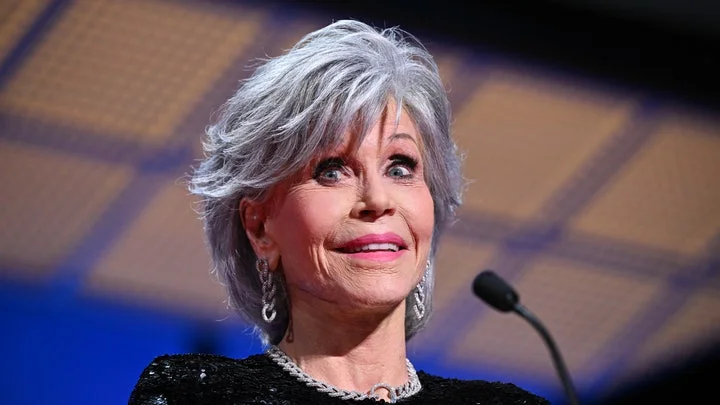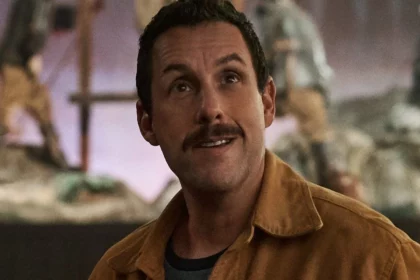Hollywood icon Jane Fonda has found herself at the center of a heated debate after making provocative statements at the Cannes Films Festival, where she claimed that white men are the primary cause of the ongoing “climate crisis.” Fonda’s remarks, reported by Metro, have ignited discussions about the intersection of race, gender, and environmental issues.
During her appearance, the 85-year-old actress asserted that the climate crisis would not exist if it weren’t for racism. She emphasized the urgency of the situation, urging a significant reduction in fossil fuel consumption within the next seven to eight years. Fonda argued that those who bear the least responsibility for the crisis, including people of color and individuals in the Global South and on islands, are disproportionately affected by its consequences.
Fonda went further to suggest that patriarchy is also a contributing factor to the climate crisis. She criticized a hierarchical mindset that places white men at the top, disregarding the needs and perspectives of others. The acclaimed actress posited that dismantling racism and challenging the patriarchal system are crucial steps toward addressing the environmental challenges we face.
This is not the first time Fonda has drawn connections between climate change, racism, and social justice. In a previous interview on The Kelly Clarkson Show, she discussed the exploitation of marginalized communities by billionaires, who disproportionately contribute to pollution. Fonda highlighted the importance of climate justice, advocating for equitable solutions that address the disproportionate impact of climate change on vulnerable populations.
Fonda’s remarks have drawn both praise and criticism. Supporters applaud her for using her platform to raise awareness about systemic issues and the need for inclusive environmental action. Others, however, argue that her statements oversimplify the complexity of the climate crisis and unfairly target a specific group based on race and gender.
The debate sparked by Fonda’s comments underscores the broader conversation surrounding climate justice and the need for inclusive approaches to tackling environmental challenges. While her views may be contentious, they have reignited discussions about the intersectionality of social and environmental issues, prompting individuals and organizations to reflect on the various factors contributing to the climate crisis.
As the discourse continues, it remains essential to engage in constructive dialogue that fosters understanding, promotes diversity, and seeks comprehensive solutions to address the urgent challenges of our changing world.




